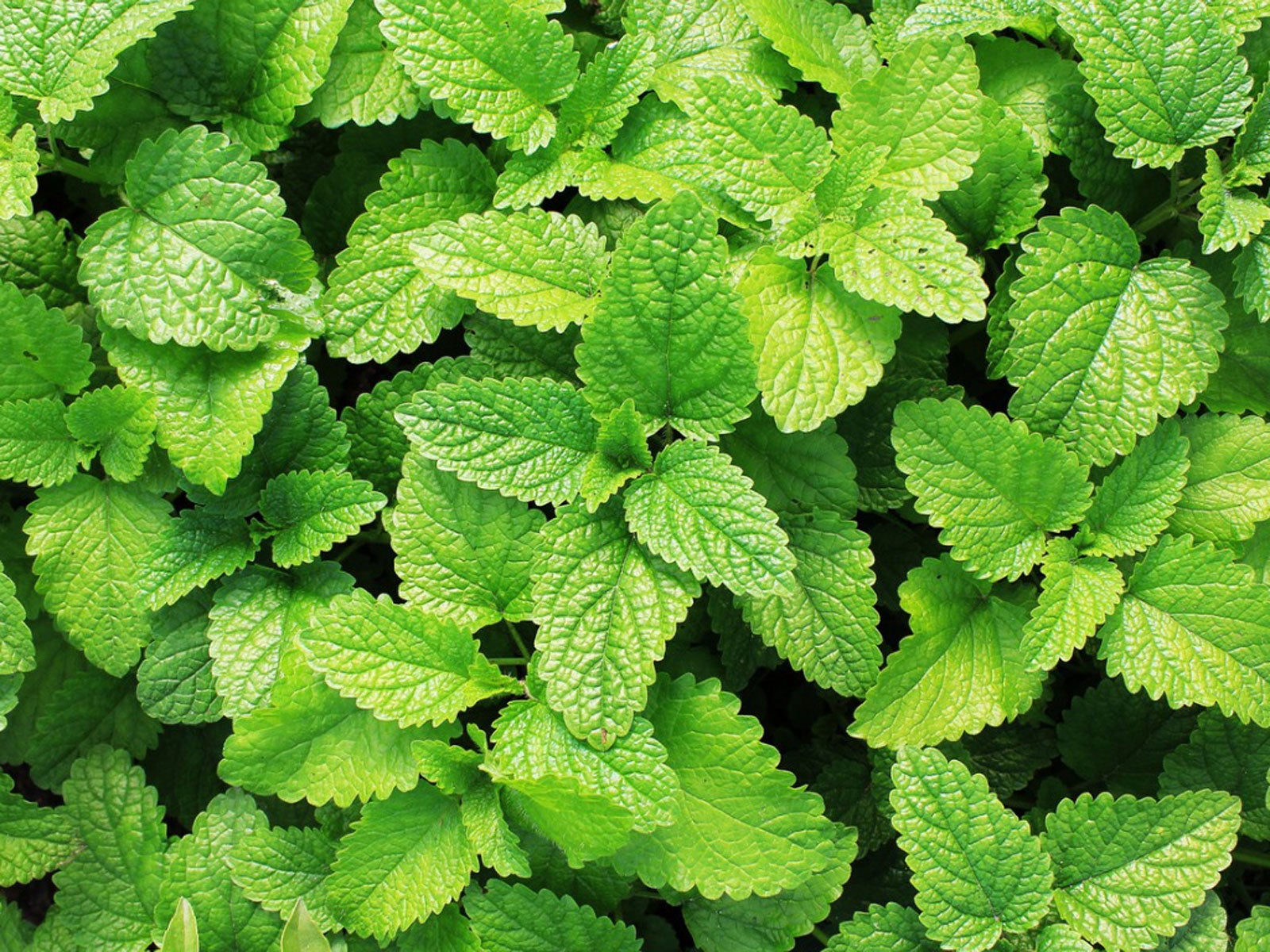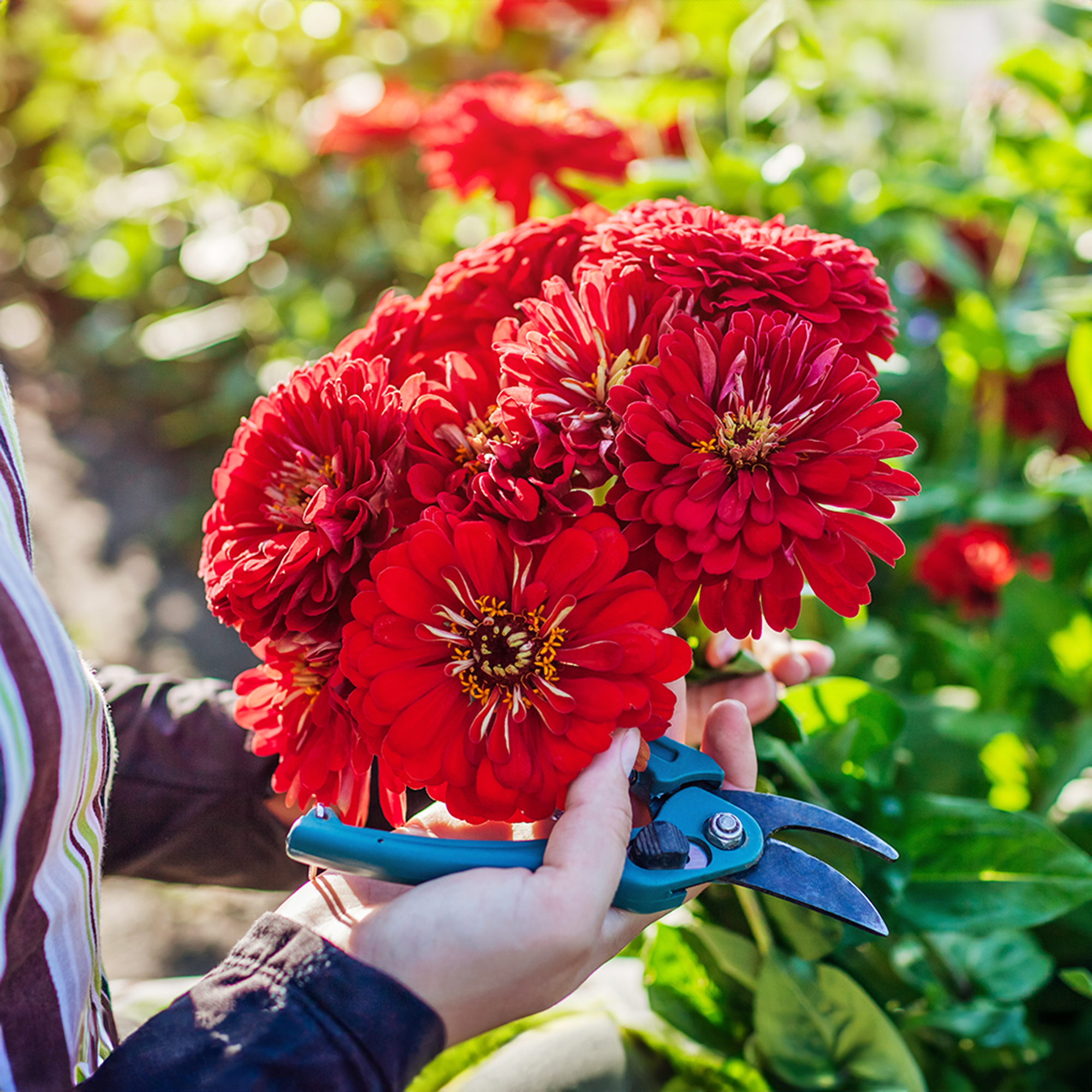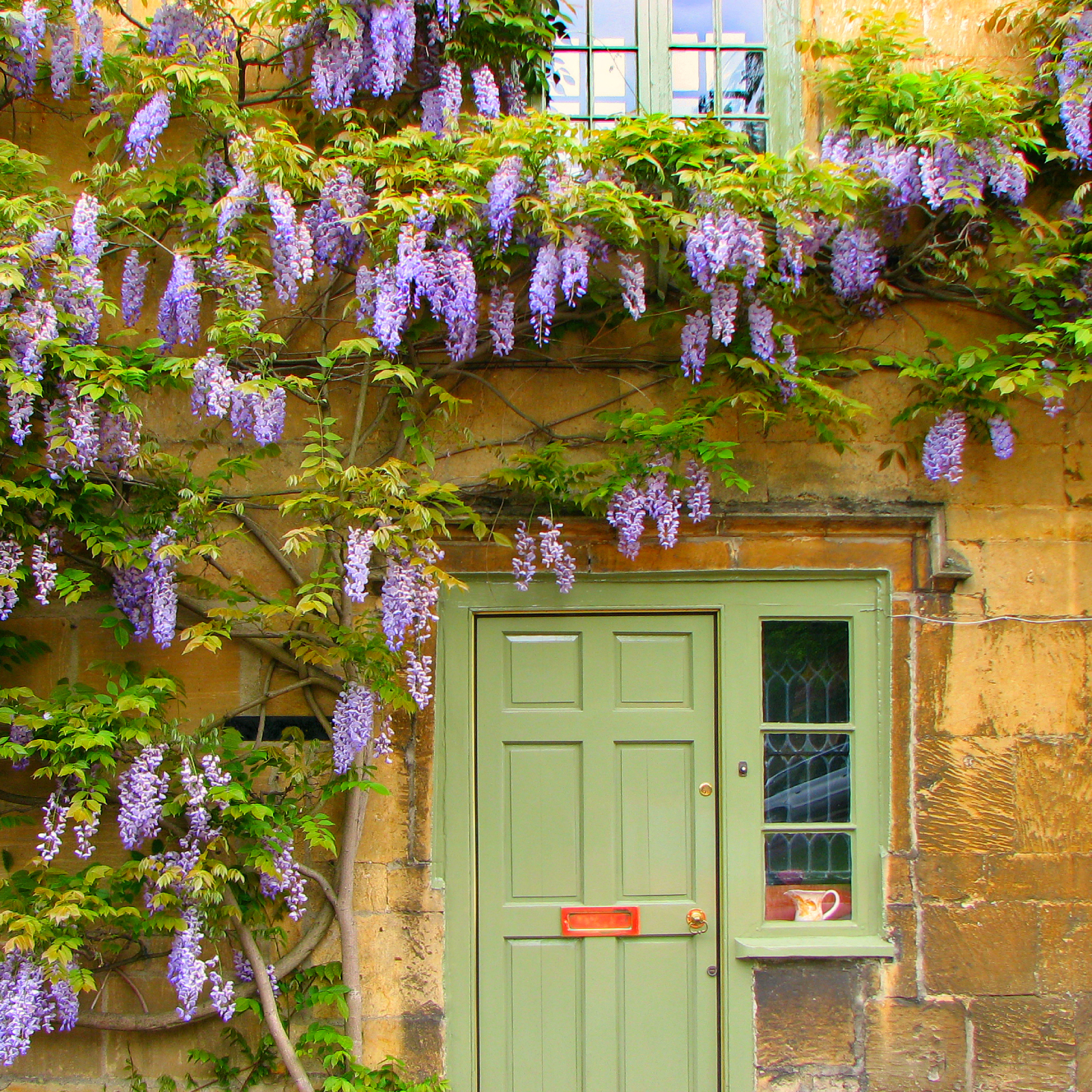Pest Repellent Shade Plants: Shade Plants Bugs Don’t Like


Some of the most common issues in the garden are those related directly to pests. Whether insects are attacking prized rose bushes or the mosquitoes have simply become unbearable, many gardeners find themselves searching for a solution to the problem. While chemical options are available, choosing an organic solution is preferred.
But what about shady areas – another common issue? You can actually fix both problems simply by adding shade plants bugs don’t like to alleviate the stress of insects in the yard and regain the enjoyment of outdoor spaces, even in those darkest corners.
Are There Shade Plants Bugs Don’t Like?
The concept of planting bug-resistant shade plants is not new. In fact, vegetable gardeners have been using companion planting techniques for decades as a means to help deter pests. Plants like marigolds and chrysanthemums have been praised for their ability to reduce the number of “bad bugs” in the garden.
Other ornamentals, like citronella grass, have been praised for their purported ability to repel insects. However, finding pest repellent shade plants seems to be much more difficult.
Many shade gardens provide ideal conditions for insects to thrive. Due to their location, shady microclimates often remain consistently humid and moist. This, in combination with low light levels, makes shady spots the best location for bugs to hide. Insects, such as mosquitoes, are naturally drawn to these areas of the yard where they can safely hide during the hottest parts of the day.
Gardeners can change this habitat by improving drainage, removing low-growing plants, and replacing them with plants that have a more open growth habit. Better air circulation and weed suppression will be key in reducing insect populations. Many pest repellent shade plants are effective because they help create an environment that is not conducive to insect life. This can be related to the size, shape, height, and overall structure of the plant.
Pest Repellent Shade Plants
Many shade plants that keep bugs away are also highly fragrant. Fragrant flowering plants and herbs, such as mint, are known for their robust scent. These odors may help to deter insects in the garden. Lemon thyme is a great choice for shady areas and a number of insects dislike its lemony aroma. Both lemon balm and bee balm can tolerate shade and also produce citrusy scents insects don’t like. Don’t overlook the power of alliums – like chives and garlic. These, too, produce lovely flowers and offensive odors to many bugs.
Gardening tips, videos, info and more delivered right to your inbox!
Sign up for the Gardening Know How newsletter today and receive a free copy of our e-book "How to Grow Delicious Tomatoes".
Not only will shade tolerant herb plants provide a powerful aroma, but will prove quite useful in the kitchen as well. Though some plants have been found to repel insects, it is important to note that the incorporation of shade plants that keep bugs away is not a definitive “cure” for insect issues in the garden.

Tonya Barnett has been gardening for 13 years. Flowers are her passion. She has transformed her backyard into a cut flower garden, which she regularly chronicles on her YouTube channel http://www.youtube.com/@tonyawiththeflowers.
-
 Zinnias On Repeat: 10 Glorious Cut-And-Come-Again Varieties For Endless Summer Bouquets
Zinnias On Repeat: 10 Glorious Cut-And-Come-Again Varieties For Endless Summer BouquetsThese zinnia varieties keep giving all summer, making them the perfect choice for dedicated cutting gardens – or just the occasional homegrown bouquet.
By Ellen Wells
-
 Create A Romantic Garden Straight Out Of Bridgerton: Regency Era Romance In Your Garden
Create A Romantic Garden Straight Out Of Bridgerton: Regency Era Romance In Your GardenTry some romantic garden ideas straight out of Bridgerton. Flowers and gardens in the Regency era were lush and charming and you can get the same look!
By Bonnie L. Grant